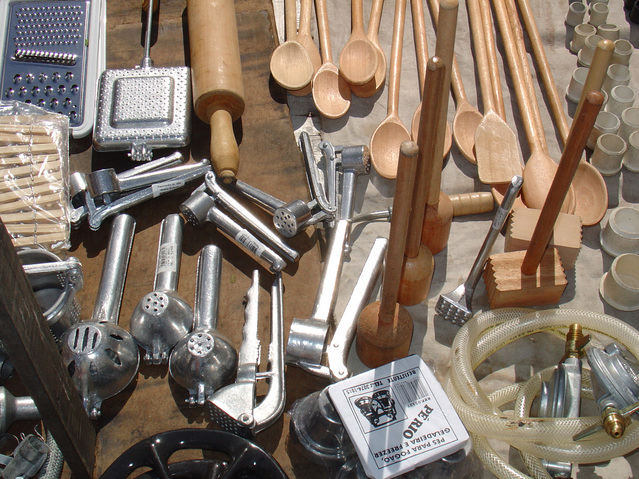Starting Your Gluten Free Diet On the Right Foot
Have you been recently diagnosed with Celiac Disease or a form of gluten intolerance? At first, the adjustment period is not always easy. On one hand, you’re happy to have a name for your suffering.
On another, it means change needs to be implemented, fast. For some people, it’s an easy switch because they’ve noticed certain foods affect them and have cut them out, making it a little easier to adjust to this diet.
For many others, they’ve been completely unaware of the effects of their diet in relation to their symptoms. This can make their transition into a gluten-free diet a little more challenging.
Here are some tips to help ease your transition
into the gluten-free lifestyle
Make connections, gather information
Your suffering is over and you’re in a new beginning, a time that is receptive to guidance. You’ve accepted that things are going to be changing and even if you haven’t, you’re willing to!
One of the best ways to begin to gather information is through online research and by making connections through forums, through community groups and through other people you know of on a gluten-free diet.
This can help you adjust to your transition and inspire creative problem solving. Find out what gluten-free recipes, books, tips, tricks and tactics other people use and make your own plan based on what suits you.
It’s also important to become savvy at reading labels at the grocery store, knowing the different forms of gluten and ensuring that any product you buy is completely gluten-free.
Tip: Buy less refined foods at first or to try certified gluten-free products to start slowly until you become an expert.
Researching this topic and making connections with others will help you feel ready to apply these new measures to your diet and lifestyle – plus you won’t feel like you’re alone in this!

Revamp your kitchen
Sharing a kitchen with non-celiac or non-gluten free people? This could present an issue in the beginning. Celiac sufferers cannot come into any contact with gluten otherwise they run the risk of a serious reaction.
Here are a few tips:
Keep a separate set of basic kitchenware that is only used for non-gluten cooking. This will reduce any paranoia as you know that those specific items will never be cross contaminated
Keep all non-gluten items in one place like flour, spices, condiments etc. This will ensure that you do not accidentally eat anything you shouldn’t be eating while you’re adjusting to your new diet
Buy or make your gluten-free flour blend, soy sauce, mayonnaise and even pasta and see if your partner or family can accommodate your diet by consuming a few gluten-free products. You may find that they don’t mind making small adjustments– and that will take a weight off your shoulders while saving you the trouble of buying double the items!
Lastly, remember that adjustments always take time. Don’t beat yourself up if you don’t get it right immediately and if you don’t know everything right off the bat.
Stay informed, ask questions, write things down and make little adjustments as you go. When you look back, you’ll be amazed at how far you’ve come!
